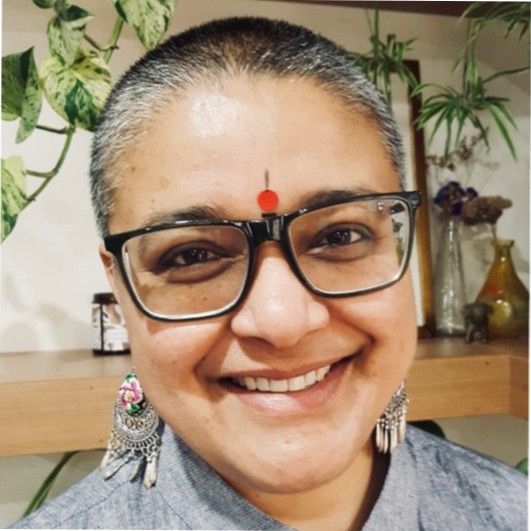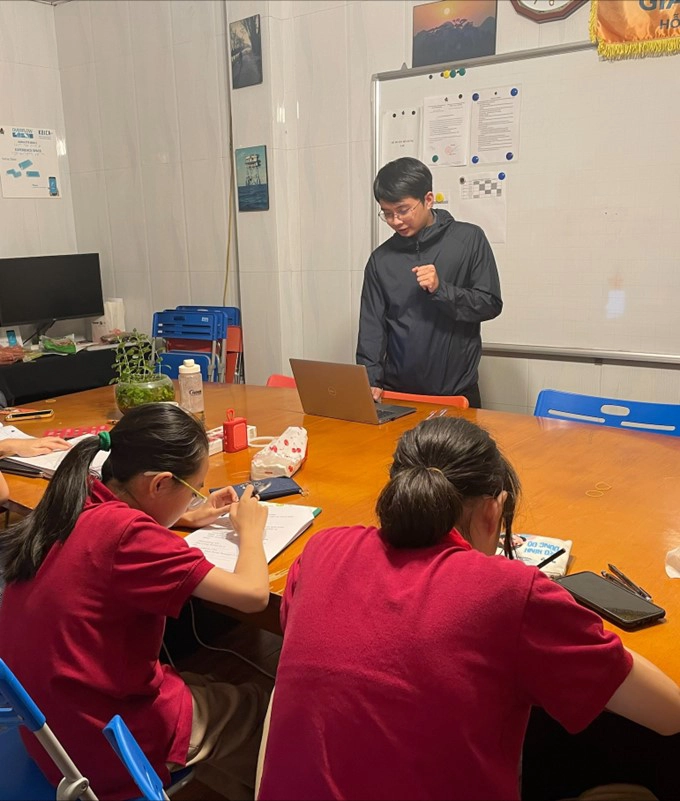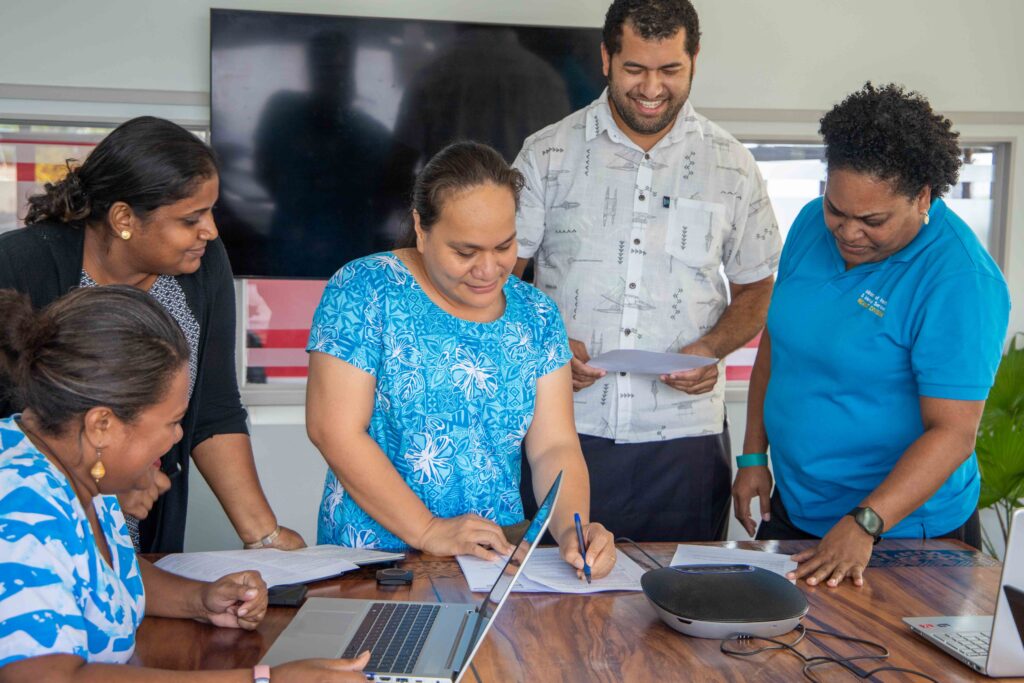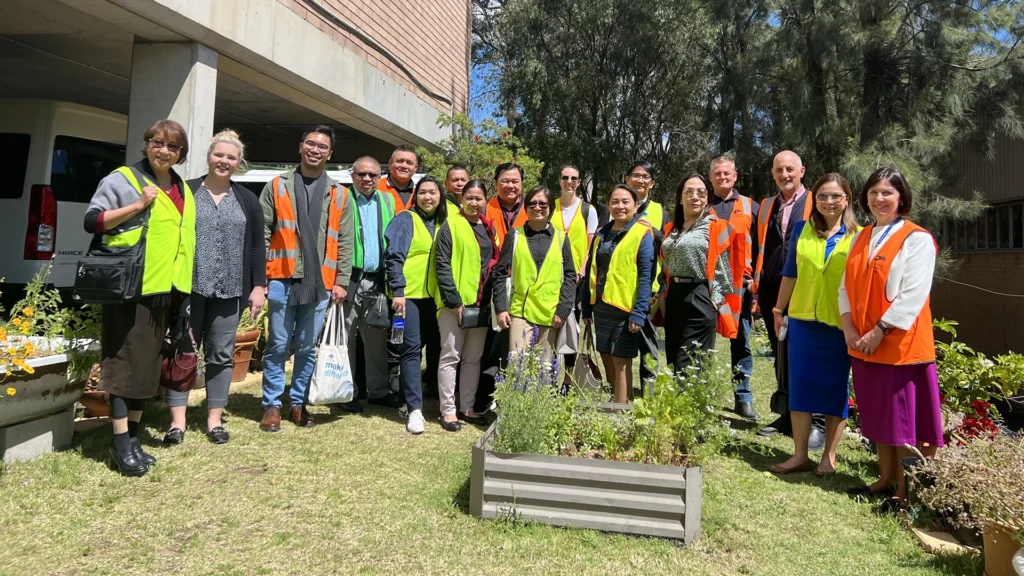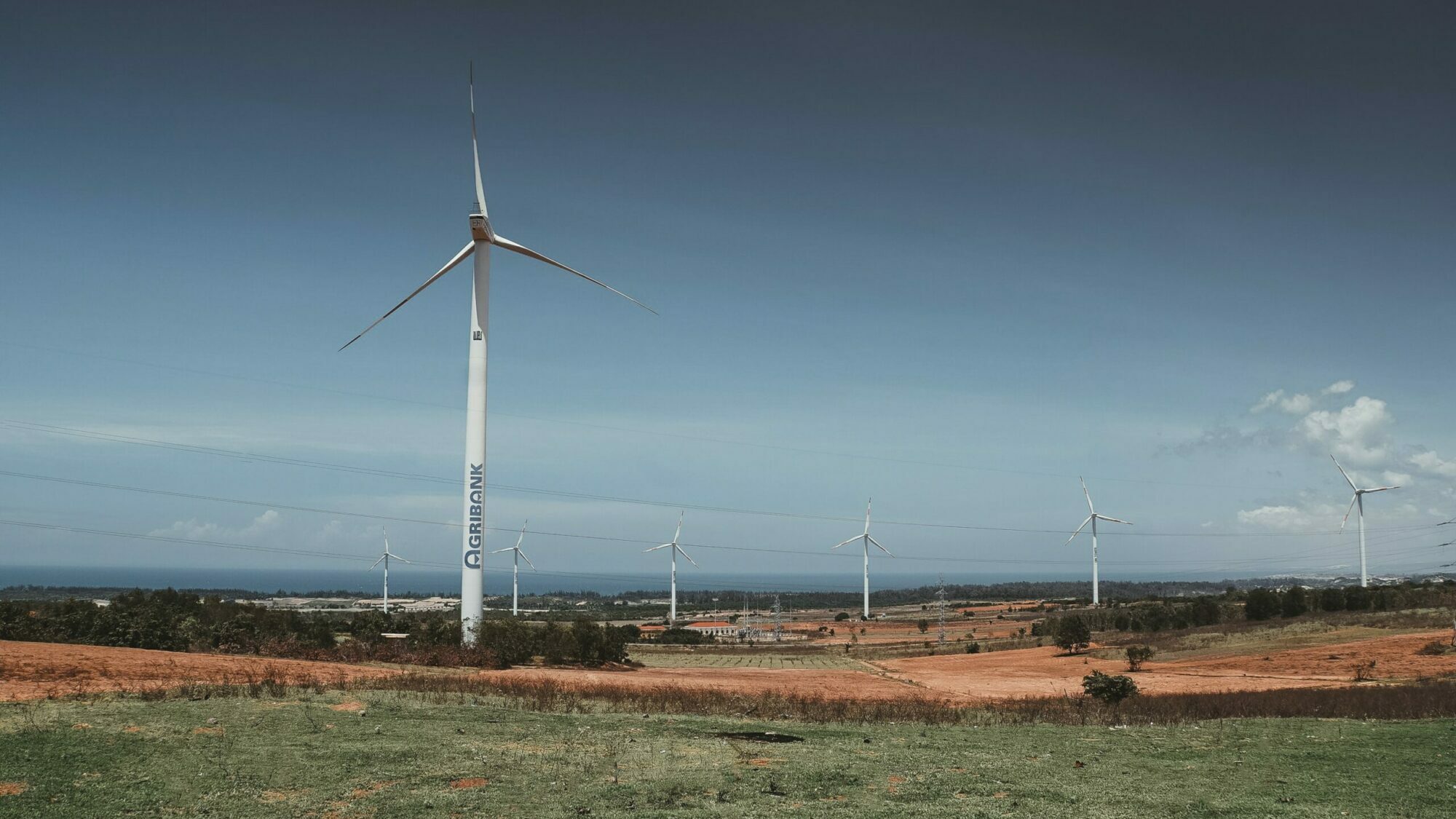

In a significant step towards advancing the Women, Peace and Security (WPS) agenda, Tetra Tech International Development has become an active member of the Australian Civil Society Coalition for Women, Peace and Security.
The Australian Civil Society Coalition for Women, Peace and Security has the vision of a world in which gender equality, and the contributions and rights of diverse women and girls, are at the forefront of transforming conflict to build peace. To date, the United Nations Security Council has adopted ten resolutions on “Women, Peace and Security”, making up the WPS Agenda. Its members build evidence, raise awareness, and support women’s rights partners within Australia and across the Asia-Pacific region. The Coalition works to increase public awareness and understanding of all issues related to women, peace and security, and reshaping the peace and security dialogue and praxis in Australia and in the region.
Promoting inclusion through participation, of First Nations Women
‘While First Nations women in Australia face a particular set of peace and security challenges, their voices are not regularly centred within discussions of the Women, Peace and Security agenda.’ – The First Nations WPS Report.
First Nations Women in Australia are still confronted with the effects of colonisation, including intergenerational traumas, land and cultural dispossession, state-sanctioned violence, and genocide. They confront higher rates of gender-based violence, limited access to essential services, and additional challenges stemming from intense securitisation and policing in their communities.
To genuinely represent the needs of all members of society, the WPS must acknowledge the unique challenges faced by First Nations Women and ensure their voices shape policy and program development. To foster more effective and sustainable peacebuilding efforts, it must integrate a focus on First Nations Women’s Voices.
A comprehensive approach: key pillars for First Nation Women’s security
The Coalition engaged Professor Sandra Creamer to carry out research focused on the perspective of First Nations Women, with a report “Women, Peace and Security: Aligning the WPS Agenda with the Priorities of First Nations Women in Australia” (the report) serving as a foundation for embedding the WPS agenda within Australia’s First Nations Policy, which centres four key pillars: participation, protection, prevention, and relief and recovery.
The Coalition advocates for the increased participation of First Nations women and girls and recognition of their leadership and self-determination.
‘In the best interest of the well-being and self-determination for First Nation women, there has to be a holistic approach, the Government and Departments need to work collectively. Under the rights for First Nation women of “Free Prior and Informed Consent,” there has to be consultation with First Nations women/communities to work with them in finding solutions to their priorities, instead of the Government identifying those priorities. The priorities for each community are not in the same order.’
Truth telling and engaging in decision-making
To effectively address the needs and priorities of First Nations Women and communities, it is crucial to engage in authentic consultation. The report outlines that:
‘The Australian constitution does not allow anyone to apply directly to the courts regarding a violation of their rights. Complaints have to be lodged in tribunals, and First Nations women do not have the resources to find legal advice or the support of a representative to go through the tribunals process. Therefore, the Uluru Statement to the Heart, The Voice and Treaty are important for securing change for First Nations peoples and women.’
Involving First Nations women in decision-making processes in every aspect of development, including peace and security, involves genuine and deep collaboration with First Nation Women and communities to find and understand issues and co-create solutions.
All policies and programs must be culturally appropriate. This can only be achieved by ensuring participation from First Nations women
The report provides nine recommendations to the WPS, with an emphasis on participation of First Nations women and communities. It recognises that developing culturally appropriate policies and programs is essential. This requires working in partnership with First Nations women to ensure that their cultural perspectives and values are respected and integrated into the solutions. It also outlines that community-led initiatives play a crucial role in promoting healing, cultural revitalisation, and empowering First Nations women, so adequate funding and support should be provided to address their specific needs.
Further reading
Read about Inclusion, Justice and Transformation services at Tetra Tech International Development.
Feature image by: Joshua Rawson-Harris via Unsplash.
